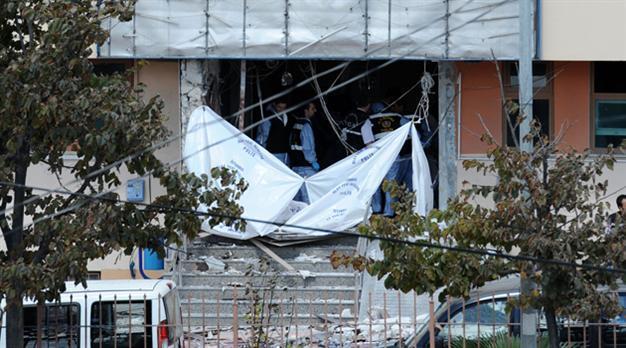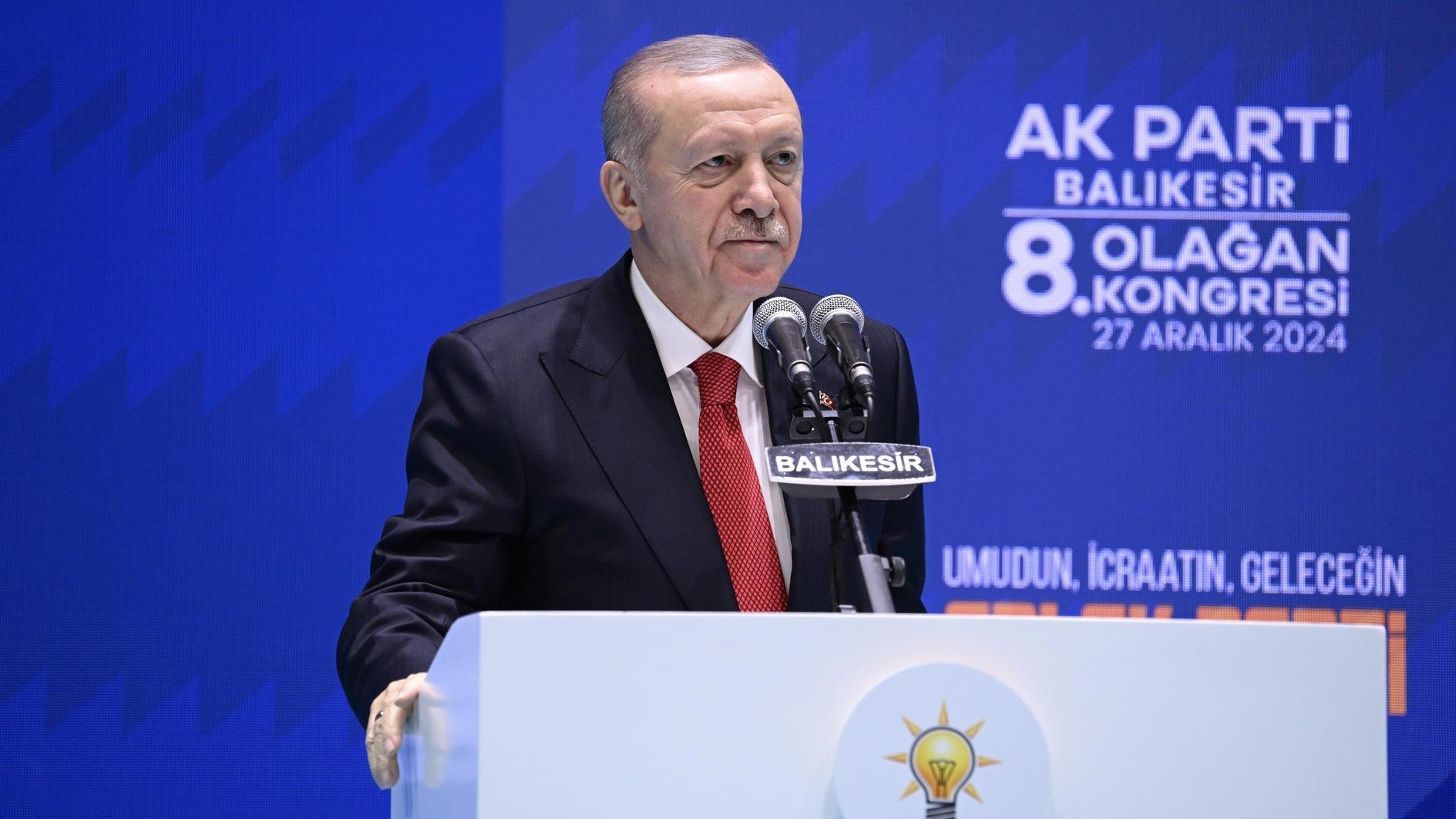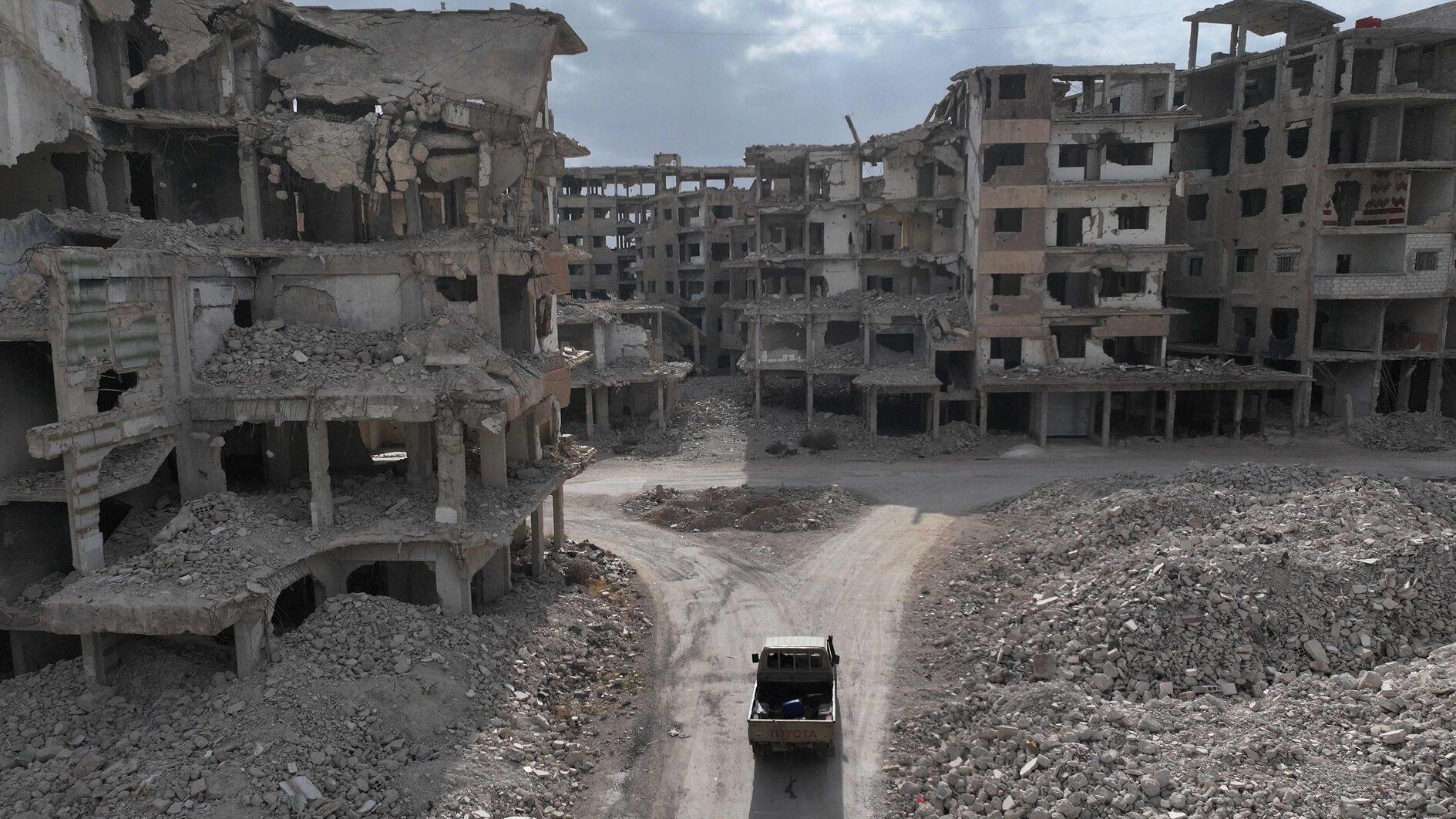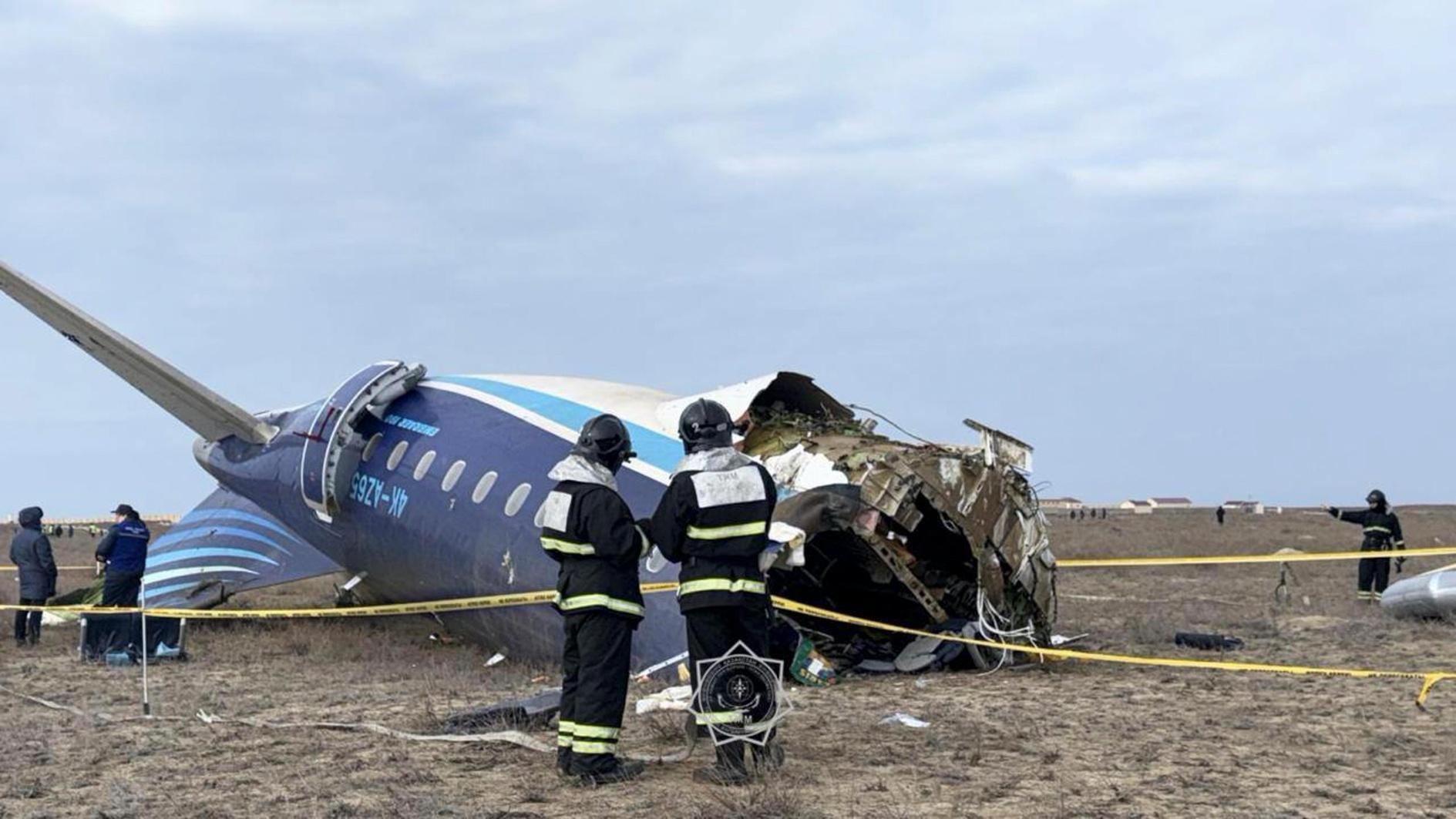Police officer killed in Istanbul suicide bombing
ISTANBUL

DAILY NEWS photo, Emrah GÜREL
One police officer was killed in a suicide bomb attack yesterday at a police station in Istanbul’s Sultangazi district.Seven people, including four police officers and three civilians, were also injured in the bombing at the 75th Year Police Station. The injured were taken to nearby hospitals in critical condition, reports said.
“The suicide bomber set off the explosives he was wearing after throwing a grenade into the police station, killing one police officer and wounding four others at the entry,” Istanbul police chief Hüseyin Çapkın told reporters at the scene. The assailant was also killed in the explosion, he said.
The suicide bomber was later identified as İbrahim Çuhadar, who was said to be a known member of the outlawed Revolutionary People’s Liberation Party-Front (DHKP-C). Çuhadar had previously served eight months in prison for participating in illegal demonstrations. He was killed when he detonated the explosives strapped to his body.
The police officer who killed was identified as Bülent Özkan. It was learned that Özkan was preparing for his wedding, which was scheduled to take place five days after the incident.
Çuhadar reportedly passed the outer gate and walked up a flight of stairs leading to the main entrance of the police station at around 11 a.m. The suicide bomber entered through the door and stopped short of an X-ray machine placed just past the entrance. There he lobbed a hand grenade toward the police officers at the reception desk, but the device failed to explode. Özkan managed to fire two shots at Çuhadar but was unable to stop the man from blowing himself up.
Özkan managed to fire two shots at Çuhadar but was unable to stop the man from blowing himself up.
Prime Minister Recep Tayyip Erdoğan said yesterday in Azerbaijan that the security institutions were working together to reveal all people linked to Çuhadar and the attack.
The main entrance was severely damaged in the explosion despite the fact that the police station was built with reinforced concrete instead of regular bricks, as the building was thought to be a target in the area, which saw deadly clashes between security forces and protesters in 1995.
The neighborhood, predominantly populated by Alevis, witnessed mass demonstrations in 1995 after 23 people were killed in four days of unrest, 17 of them by police bullets, according to forensics reports.
The events, known as the Gazi riots, were triggered after unidentified assailants randomly opened fire on people in a local coffeehouse in March 1995, wounding dozens and killing two, one of them an Alevi religious leader. Locals, who blamed the deaths on an inadequate police response, overran police stations and started a brief uprising that was only contained after soldiers were deployed in place of the hated police.
Turkey has seen a number suicide attacks in the last couple of years.
In May, two suicide bombers killed one policeman when they drove into a police station in the Central Anatolian province of Kayseri and opened fire before setting off a bomb.
That attack killed one officer instantly, left another in critical condition and wounded 16 civilians, including several children. The two assailants were also killed. The outlawed Kurdistan Workers Party (PKK) claimed responsibility for the attack.
Another suicide bombing occurred last October in the eastern province of Bingöl, where two people were killed when a woman blew herself up near the headquarters of the ruling Justice and Development Party (AKP).
In October 2010 in Istanbul, a bomber blew himself up in Taksim Square, wounding 32 people.

















